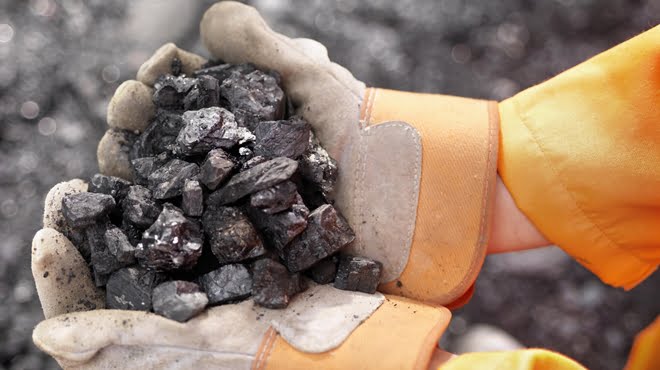South Africa’s mineral resources – some of which are supposedly reaching the end of their lifespan such as gold – may be in for a resurrection as new technologies may lead to the discovery of new deposits hitherto hidden deep underground.
Professor Susan Webb of the University of the Witwatersrand School of Geosciences said using the latest techniques in analysing so-called big data it was thought likely that previously unknown deposits of both precious and base minerals would be discovered which could place South Africa squarely back in the lead as a mining powerhouse.
It could also reveal gas and oil deposits which would be a game changer for the South African economy.
“We have tons of data which still needs to be analysed and it is likely that these datasets, as well as new data coming in from a variety of sources including satellites and ground stations, will provide us with clues as to where these deposits are located.”
The newfound sense of optimism is not limited to scientists and academics. Anglo American group director, technical and sustainability, Tony O’Neill recently told a prominent mining journal that big data was a “low-hanging fruit just within our grasp”. “For the first time in my 36-year career in mining, I feel we’re on the cusp of an explosion of game-changing technology,” he said. The opportunities presented by big data and other key technologies were enormous, he said.
Moyo Business Advisory, a Centurion firm of business consultants have played a major role in introducing new technologies for the processing and analysis of so-called big data in South Africa.
Dewald Lindeque, Business Development Director at Moyo Business Advisory, said his company had devised big data business solutions for some of the largest companies in South Africa that had in many respects revolutionised the way they do business.
“The amazing thing with big data is that you can accurately predict events that have not yet happened and devise plans on how to capitalise on those events. It can be applied to everything ranging from the discovery of new mineral resources to the streamlining of business processes in the corporate sector.
“It has also been used with great success in the scientific field in the development of new drugs such as a procedure to modify T cells in the human genome to fight leukaemia as well as in the decoding of the human genome to help fight genetic diseases.”
The latest addition to their family of products is a system that uses computer graphics cards and specialised database management software rather than ever larger and more expensive computers to process and analyse big data.
“Through our partnership with SQream Technologies in Israel, we have shown the enormous potential of big data in the business, mining, fast moving consumer goods (FMCG) and retail sectors. It also has enormous potential in the scientific field such as processing the vast amount of data generated in the field of cancer research and in the search for new life-saving drugs.
Lindeque said the importance of computing on this massive scale was vitally important for the corporate world where big data had been earmarked as the next great leap forward to help the business community to maximise profits and reduce costs by effectively using information companies already had resident on their databases.
Using big data, scientists have already discovered new mineral deposits and the technology could be widely applied to exploration, they wrote in the journal American Mineralogist.
“Big data points to new minerals, new deposits,” they wrote of the findings.
A scientific paper published in the American Mineralogist recently proved beyond doubt that big data could find new mineral deposits.
“The quest for new mineral deposits is incessant, but until recently mineral discovery has been more a matter of luck than scientific prediction,” said co-author Dr Shaunna Morrison of the Deep Carbon Observatory and the Carnegie Institution for Science in Washington.
